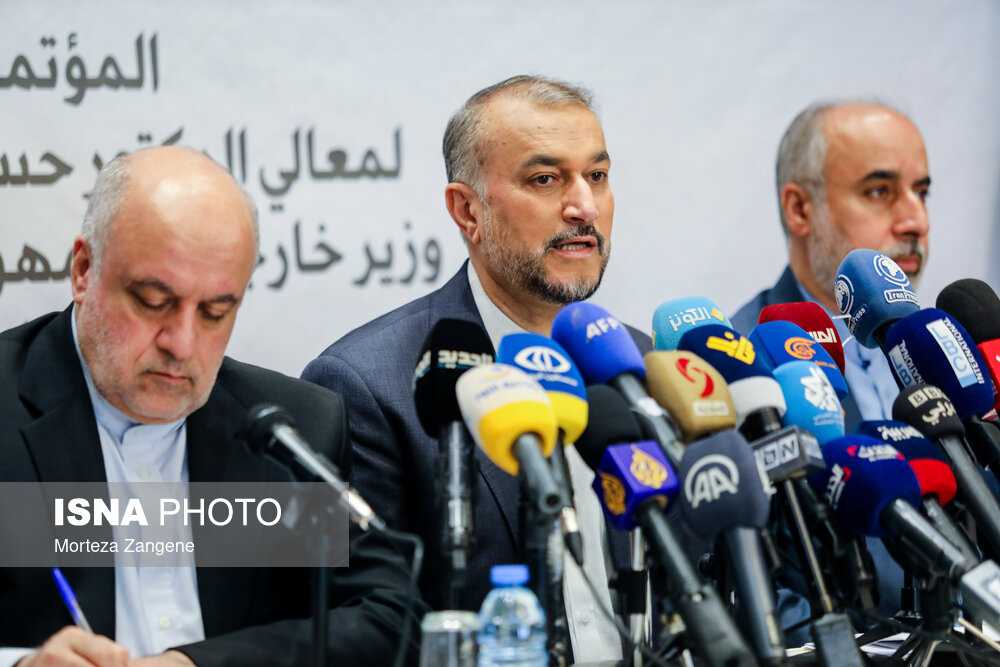“We always advise our friends in the region to prevent any normalization of relations with a regime that brought nothing to the region but insecurity,” Amirabdollahian stated, addressing a press conference in Beirut on Friday.
The US-brokered normalization deals in 2020, which saw the United Arab Emirates, Bahrain, Sudan, and Morocco normalize ties with Israel, have sparked widespread condemnations from the Palestinians as well as nations and human rights advocates across the globe, especially within the Muslim world.
The top diplomat further said Iran has always supported diplomacy and negotiations to restore the 2015 nuclear deal, officially known as the Joint Comprehensive Plan of Action (JCPOA).
A recent agreement between Iran and the United States on unfreezing Iran’s assets illegally frozen in foreign banks and the exchange of prisoners will have a “positive impact on indirect talks about the removal of sanctions.”
The minister reiterated Tehran’s political will to revive the JCPOA if all parties fulfill their obligations as per the deal.
The exchange of messages between Iran and the parties in the nuclear agreement are currently underway based on an initiative made by Oman, he noted.
The JCPOA enabled limited sanction relief for Iran, which, in turn, volunteered to change some aspects of its nuclear work.
The US, however, left the agreement in 2018 as part of former President Donald Trump’s so-called “maximum pressure” policy against Iran, returning all the sanctions that the deal had lifted.
The US’s allies in the deal — France, Britain, and Germany — then bowed under Washington’s pressure by toeing the sanction line and suspending their trade activities with Tehran.
Negotiations to revive the agreement started in April 2021. The talks have, however, stalled amid Washington’s refusal to offer guarantees that it would not ditch the deal again.
